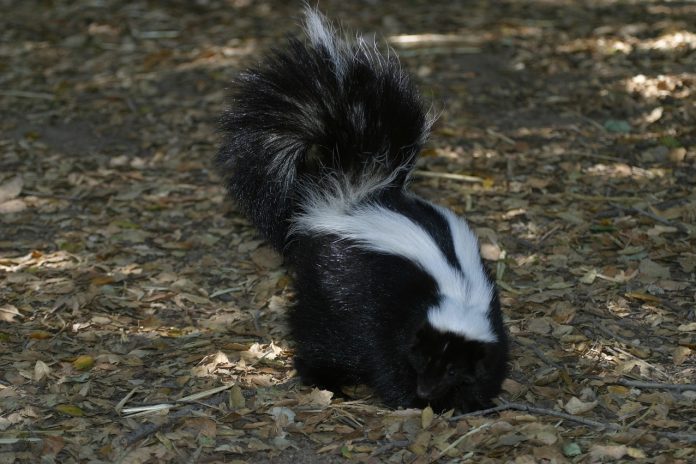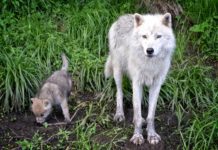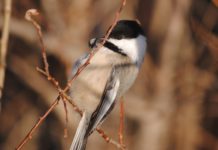
Skunks have a bad reputation for their smelly spray, but they should be recognized as champion pest controllers! Skunks tend to prey on rodents and insects that can cause significant damage to the average home. When left alone, skunks are rarely recognized in a neighbourhood and will happily live under the radar, foraging and hunting for food once the sun goes down. Conflicts can occur however, when a skunk is startled or attacked (often by roaming cats and dogs). When a skunk becomes defensive, it will stomp its feet, raise its trail, and finally (if worse comes to worst) release its anal glands and spray a foul discharge onto its attacker.
Did you know?
- Skunks are nocturnal omnivores whose diet can consist of anything from insects and rodents to fruits and leaves
- A skunk’s vision is quite poor, so although they mostly keep to themselves, they are easy to startle. Curious cats and dogs that are off-leash are most likely to come upon skunks and cause them to spray
- Skunks breed in February and March; the female will dig out a den to house her litter and kits are born in May
- Skunks can spray their anal glands secretions several times over very long distances before the gland is emptied. It can take over a week before the gland is refilled and ready to be used again
- Skunks are not aggressive and give warnings before spraying. Skunks will raise their tails, stop their feet and turn their tail toward you before resorting to spraying. If you see any of these behaviours stop and slowly back away.
Skunks don’t deserve their bad reputation; it is easy to co-exist with these helpful and fastidious animals.
If you find an injured or orphaned wild bird or animal in distress, please contact the Calgary Wildlife Rehabilitation Society hotline at 403-239-2488, for tips, instructions and advice, or look at the website at www.calgarywildlife.org for more information.









